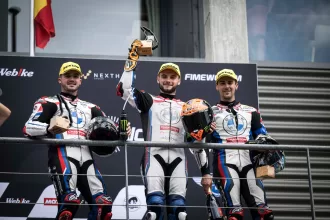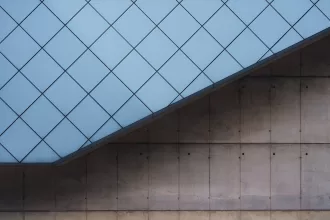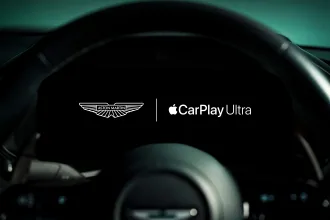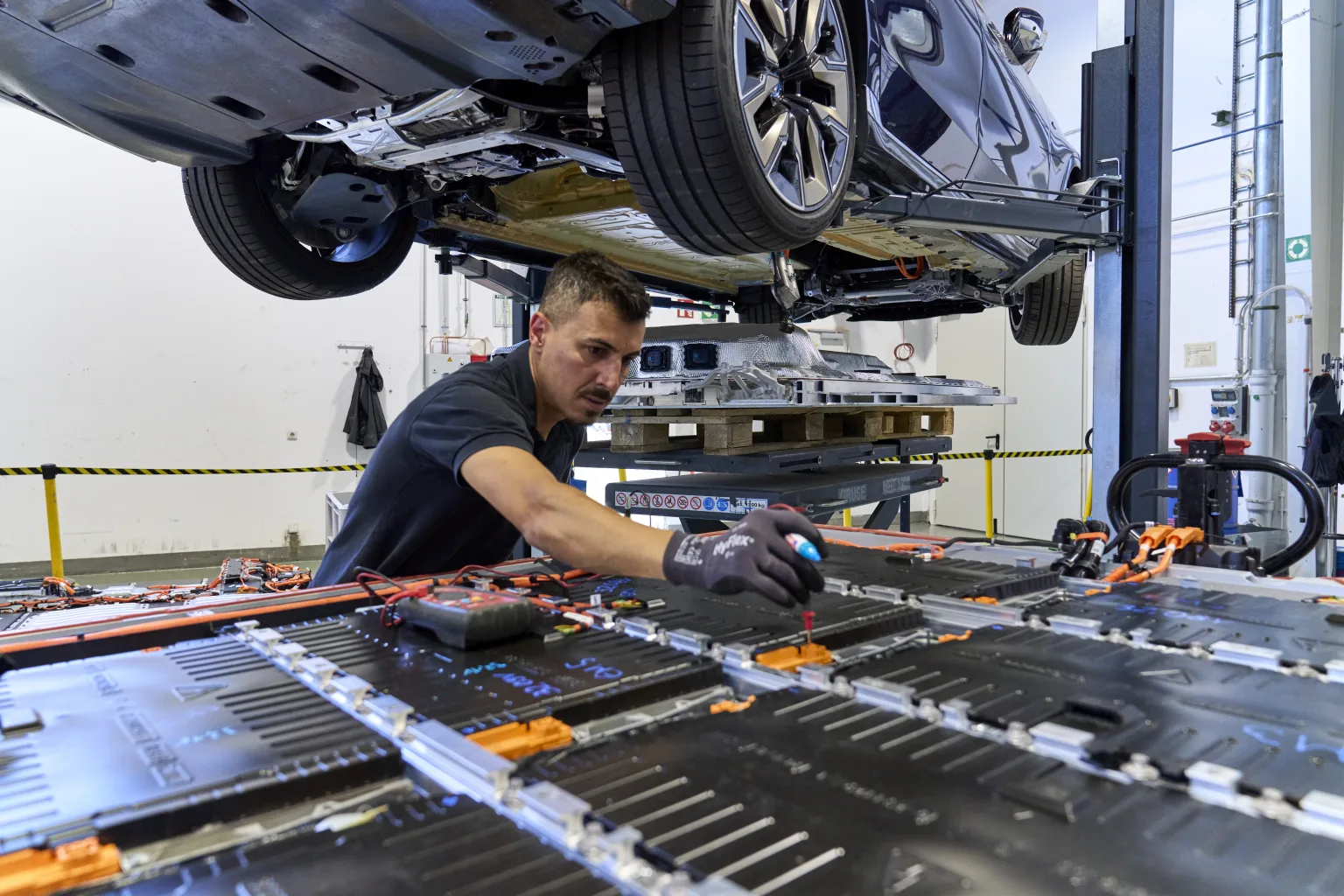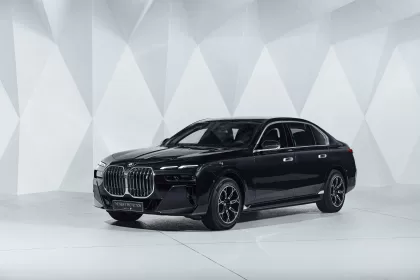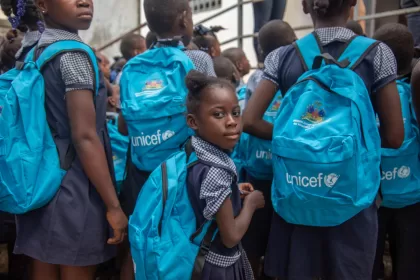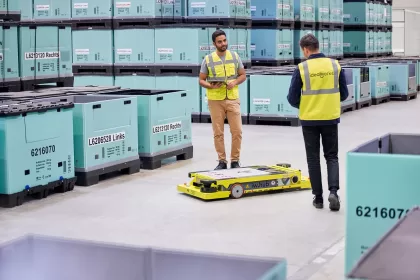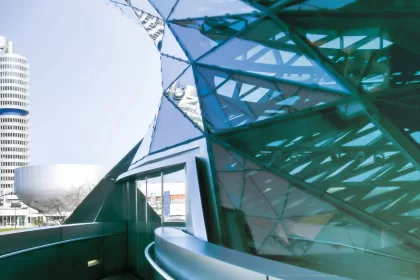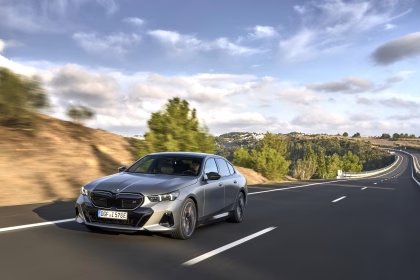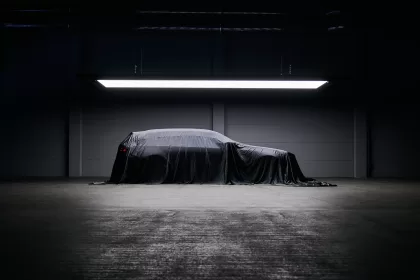- Long-term partnership with SK tes
- High-voltage batteries to be recycled, with the reclaimed secondary raw materials fed back into the value chain
- Closed loop for cobalt, nickel and lithium
- Global rollout on cards
With electric mobility continuing to gather pace, recycling high-voltage batteries is increasingly under the spotlight. After successfully launching a closed-loop recycling system for the reuse of raw materials from high-voltage batteries thanks to the BMW Brilliance Automotive Joint Venture (BBA) in China in 2022, the BMW Group has now hit another milestone on its journey. On 1 November 2024, it launched a pan-European partnership with SK tes, a leading provider of innovative technology lifecycle solutions.
The special recycling process recovers cobalt, nickel and lithium from used batteries before returning them to the value chain to make new batteries. This closed-loop system is set to expand to the US-Mexico-Canada region as early as 2026.
Its long-term partnership with SK tes sees the BMW Group directly involved in the practical recycling processes, allowing it to feed back valuable insights to the development departments. Moving forward, high-voltage batteries from BMW Group development, production and markets in Europe that are no longer fit for use are to be delivered to SK tes in what is the first step towards an effective and sustainable circular economy for batteries. SK tes then converts the old batteries into high-quality metals that can be reintroduced to battery production.
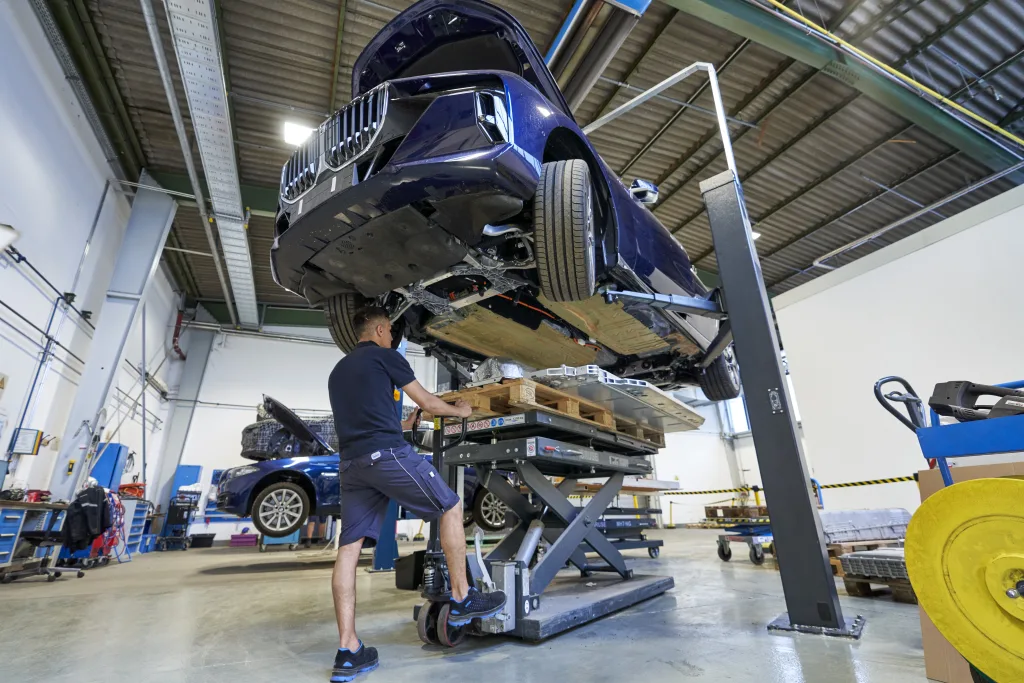
The latter process sees the batteries mechanically shredded, during which the metals are concentrated to leave a material called black mass. The valuable materials, namely nickel, lithium and cobalt, are then recovered in a highly effective chemical process called hydrometallurgy. Among other things, these secondary raw materials will be used for the new GEN 6 drive train.
“Partnerships like this increase our efficiency in terms of the circular economy. In the closed-loop process, all partners mutually benefit from their experiences,” says Jörg Lederbauer, Vice President Circular Economy, Spare Parts Supply High Voltage Battery and Electric Powertrain at BMW AG.
The battery recycling process of SK tes has won numerous sustainability and innovation awards worldwide – from the Business Intelligence Group’s Sustainability Service of the Year to the UN Global Compact’s Apex Award.
Circular economy at the BMW Group
“The promotion of circular economy is an important strategic topic for the BMW Group. The development of recyclable products, the increase of secondary materials in our components, and the closing of loops play an equally important role,” says Nadine Philipp, Vice President Sustainability Supplier Network at BMW AG. “And by the means of circular economy we are also increasing our resilience in the supply chains.”
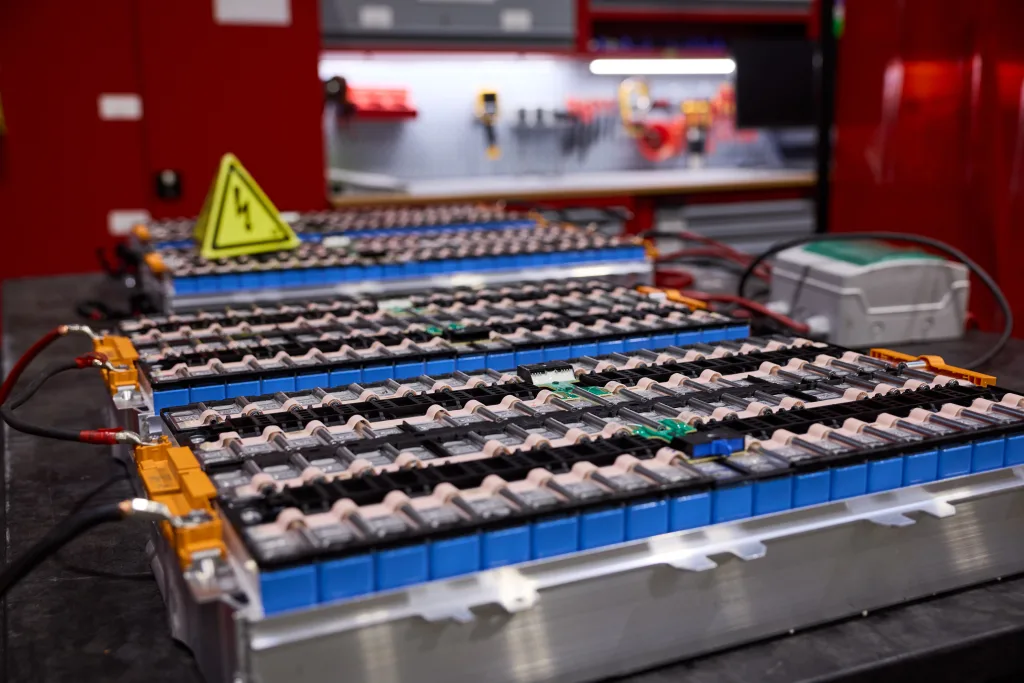
The BMW Group follows the principles of Re:Think, Re:Duce, Re:Use, and Re:Cycle in the sense of a conservation of resources when it comes to circular economy. From vehicle design and production to recycling and reuse: everything is geared towards ensuring BMW vehicles become a raw materials source for new cars once they reach the end of their useful life. One such example is the BMW Group’s Recycling and Dismantling Centre. Over a period of 30 years now, the centre has developed processes and put them into practice, making key progress in parts and materials recycling.
